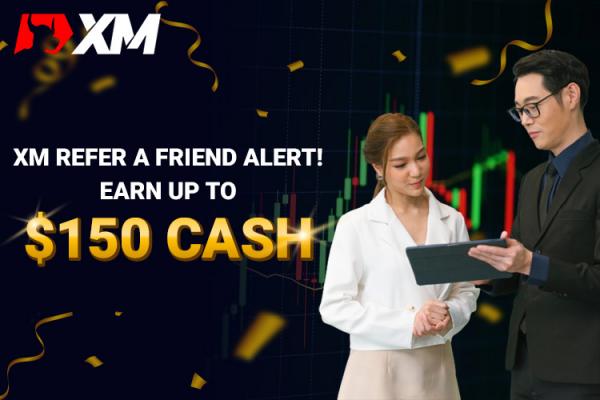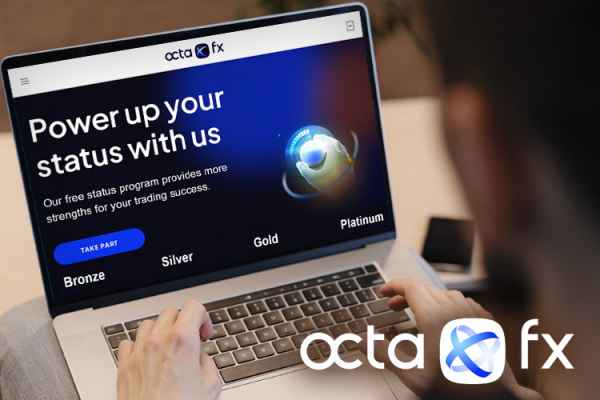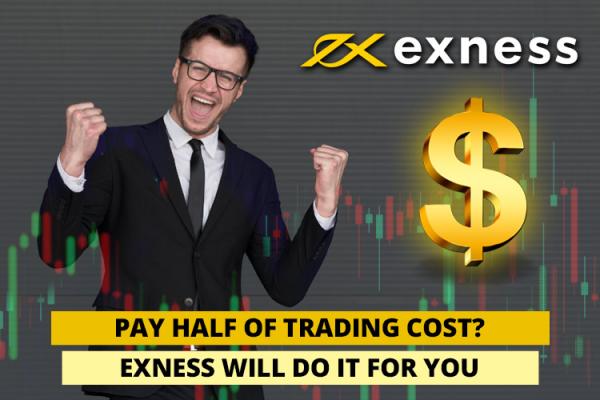xchief Promotion
| Promotion | Status | |
| Xchief | Get Macbook, iPhone, iPad, Airpods, Apple Watch for Active Traders! | active |
What are market maker brokers?
Market makers are the parties that provide liquidity and quote both the buy and sell rates. They can be individuals, brokers, banks, hedge funds, and other financial firms. Large banks in particular are the master market makers.
One simple example of the market-making practice is a foreign exchange transaction in a local bank. This is very similar to the business activity of market makers in forex trading. Let's see the illustration below.
Dolan is in need of USD currency for a trip to the USA. He carries the local currency EUR to Bank Z to be exchanged with USD. In this case, Dolan wants to buy USD and Bank Z makes the market by selling USD and buying EUR.
One month later, Dolan returns home and wants to exchange his remaining USD with EUR. He visits Bank Z again, and this time Bank Z makes the market by buying USD and selling EUR.
Here, Bank Z generates profits from the differences between the sell rate and buy rate.
Continue Reading at Are Market Maker Brokers Always Bad?
What are the various types of chart manipulation that brokers engage in?
- Slippage: You should be cautious if the slippage happens very frequently and ends up negative most of (if not all) the time.
- Spoofing: It consists of developing a fake interest in a currency pair by placing phony orders on them without the actual purpose of trading that currency in the future.
- False spikes: Unethical brokers make use of this feature by fabricating price surges in order to trick unsuspecting traders into placing orders.
- Stop hunting: They bring the prices to a point close to the stop loss order that forces you to exit the trade, after which they push the prices to move in the opposite direction.
- Front running: When a trader indicates that they intend to make an order, the broker immediately places their own order to profit from any changes in pricing.
Continue Reading at Can Brokers Manipulate Charts?
Are all unregulated brokers bad?
Please note that not all unregulated brokers are bad. There are many reasons why a broker decides to stay unregulated. For instance, some brokers might still be working towards obtaining a license from a regulator. It's worth mentioning that the cost of obtaining a license might be millions, so not all brokers can afford that from the start. Obtaining a license also takes a relatively long process, so the broker may be waiting for its license to be released.
Continue Reading at Do You Have to Trade with Regulated Brokers?
Why is it important for day trader to choose low spread broker?
Given the importance of spreads in day trading, it is essential to find a broker that offers low spreads. Lower spreads can help day traders reduce their trading costs, which in turn can lead to increased profits.
It is noteworthy that IC Markets stands out in this regard because it offers lower spreads compared to its counterparts. For instance, the average spread on the EUR/USD for IC Markets' standard account is around 0.62 pips while FP Markets' is around 1.2 pips.
Continue Reading at Broker for Day Trading: FP Markets or IC Markets?









